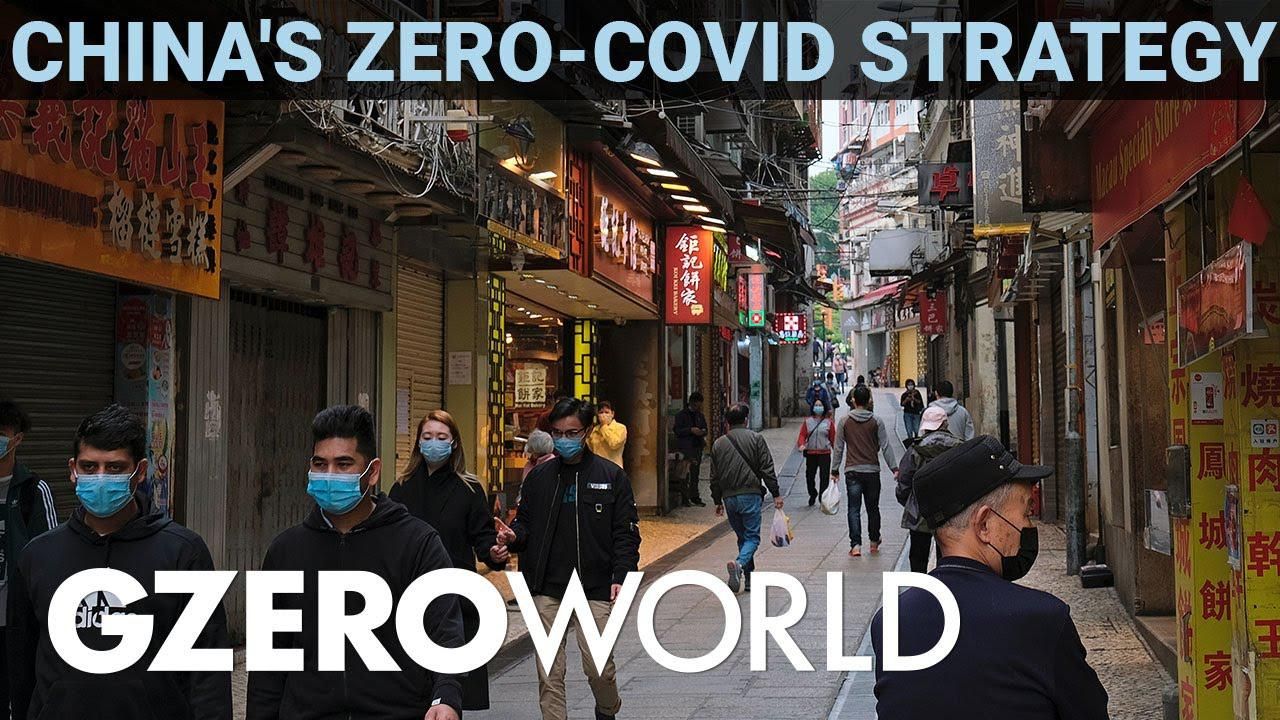GZERO World Clips
How long can China's zero-COVID policy last?

How Long Can China's Zero-COVID Policy Last? | GZERO World

China's tough pandemic response likely saved a million deaths, but former CDC chief Tom Frieden believes the Chinese have two big problems now.
First, their vaccines don't work, he tells Ian Bremmer on GZERO World. And second, hesitancy rates — especially among the elderly — remain high.
So, what should China do now? Get better vaccines to the most vulnerable, and accept "almost" zero-COVID, like Singapore.
If the Chinese can test cities of more than 10 million people in a few days, Frieden says distributing effective jabs to those who need them "is certainly within their grasp."
Watch the GZERO World episode: How depoliticizing the US health response will save lives (COVID isn't over)
In this Quick Take, Ian Bremmer addresses the killing of Alex Pretti at a protest in Minneapolis, calling it “a tipping point” in America’s increasingly volatile politics.
Who decides the boundaries for artificial intelligence, and how do governments ensure public trust? Speaking at the 2026 World Economic Forum in Davos, Arancha González Laya, Dean of the Paris School of International Affairs and former Foreign Minister of Spain, emphasized the importance of clear regulations to maintain trust in technology.
Will AI change the balance of power in the world? At the 2026 World Economic Forum in Davos, Ian Bremmer addresses how artificial intelligence could redefine global politics, human behavior, and societal stability.
Ian Bremmer sits down with Finland’s President Alexander Stubb and the IMF’s Kristalina Georgieva on the sidelines of the World Economic Forum to discuss President Trump’s Greenland threats, the state of the global economy, and the future of the transatlantic relationship.